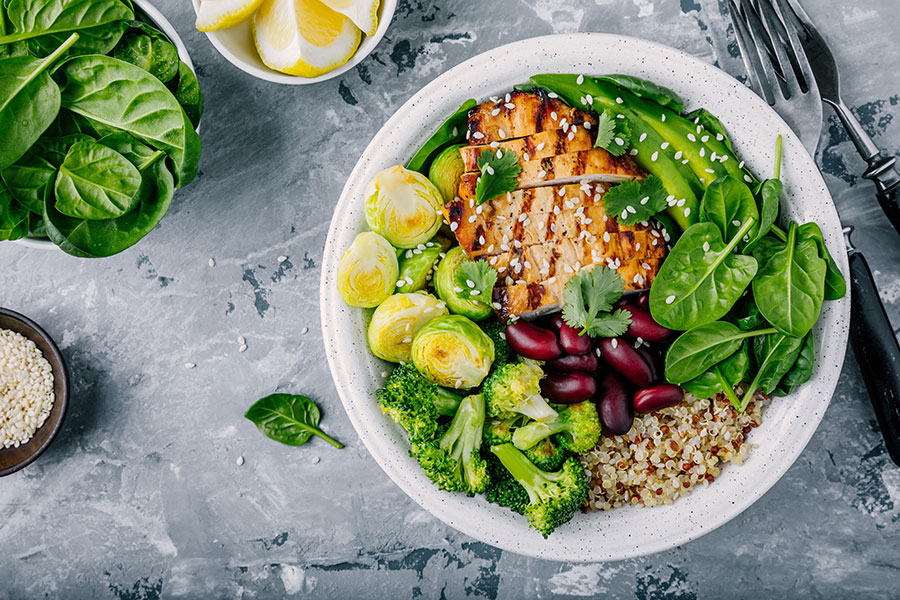In addition to sleeping and movement, having a well-balanced diet is essential to health. Maintaining a healthy weight and getting all the required nutrients is vital for older adults as their body changes and their body’s immune system starts to weaken. Overeating or undereating can cause problems such as weakening muscles or becoming more vulnerable to diseases. Healthy eating ensures that your elderly parents receive sufficient calories and nutrients. Keeping their bodies healthy will reduce the occurrence of chronic health conditions like diabetes and heart diseases. If you are concerned about how your elderly parents eat, this is a guide to healthy eating.
Understand What Affects Their Eating Habits
Nutritional requirements differ from person to person as their bodies change in different ways. If your elderly parent is less active than before, they would require a lesser caloric intake. It is also critical to understand existing or potential medical conditions if any. For example, older adults with high blood pressure or diabetes may be advised to consume foods with lower sugar and sodium levels.
Other factors may affect your elderly parent’s eating habits. Changes in appetite and taste can occur when they have a diminished sense of smell and taste, or it could be due to medication. Certain medications may require special diet changes, and it is vital to check with their doctors on that. Eating alone can affect appetite; eating with others may make eating more enjoyable.
Choose Foods Rich in Nutrients
Since your elderly parent will most likely require fewer calories, an excellent way to maintain or increase nutrient intake is by consuming nutrient-rich foods. Choose foods rich in vitamins, protein, and minerals while reducing sweet drinks, deep-fried foods, and junk food. Some foods nutrient-rich foods include:
- Lean protein
- Low-fat dairy products
- Whole grains and nuts
- Beans, lentils, and seeds
- Fruits and vegetables
Choose Foods Rich in Fiber
Fiber aids digestion; to avoid constipation and have a healthy digestive system, make sure to include foods that are rich in fiber for your elderly parent. Foods with soluble fiber can also help keep cholesterol levels in check. Fiber-rich foods include:
-
- Whole grains
- Nuts, seeds, beans, and lentils
- Vegetables and fruits
- Oat bran and Oats
Choose to Take Supplements
Suppose your elderly parent has to avoid certain foods due to allergies, medical conditions, or preferences. In that case, they may not get all the nutrients they need from food. In addition, some vitamins and minerals like vitamin D, vitamin B-12, and calcium are either eaten in insufficient amounts or are not absorbed well by older adults. In such cases, consult their doctor about taking supplements to boost their intake. Also, certain supplements may react with medications, so they must consult their doctors or pharmacists about potential adverse effects.
Choose Convenience Foods That are Healthier
When purchasing convenience foods, read the labels and select those that have less sugar, salt, and saturated fat. Make sure they also come with vitamins, minerals, and fiber. Choosing the healthiest convenience foods so you can have both nutrition and convenience. Healthy, convenient foods can look like:
- Unsweetened or low sugar canned fruits
- Low sodium canned vegetables, stew, or soups
- Frozen fruits and vegetables
- Rotisserie chicken or cooked grilled turkey
- Instant oatmeal







